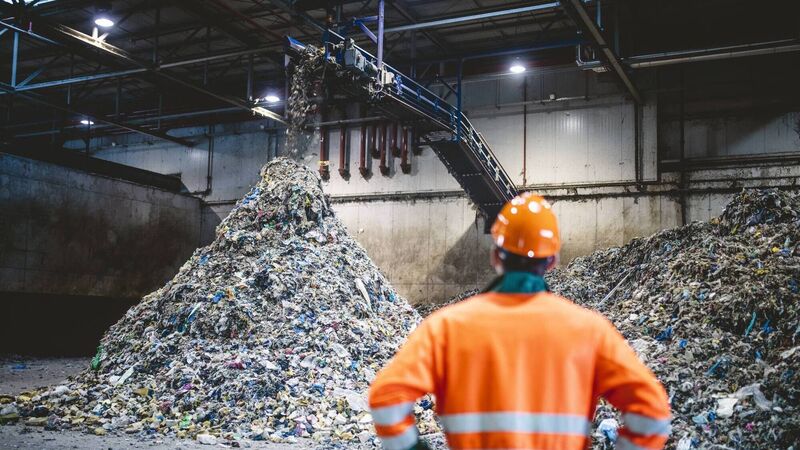EU law will shake up cybersecurity in 4,000 Irish firms, says risk expert

Companies in sectors like waste management, energy, transport and banking are among those whose cybersecurity will come under scrutiny with the new Network & Information Systems Directive 2 (NIS2) directive from the EU. Picture: iStock
Companies have just months to prepare for the Network & Information Systems Directive 2 (NIS2), advises Neil Redmond, director, risk and regulation, PwC Ireland.
This wide-ranging piece of new EU cybersecurity law will shake up how industries protect themselves, says Mr Redmond.











